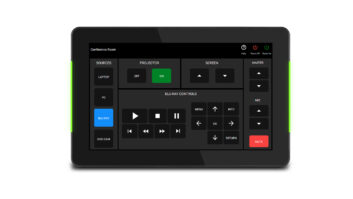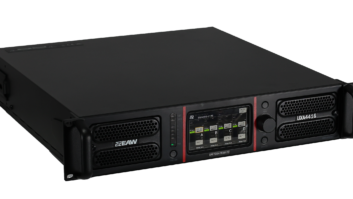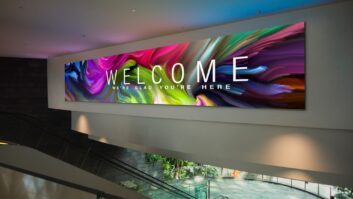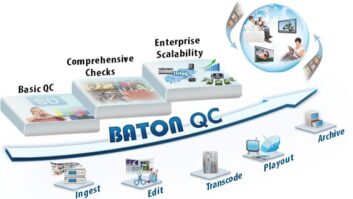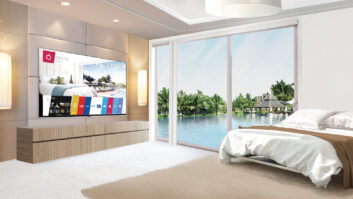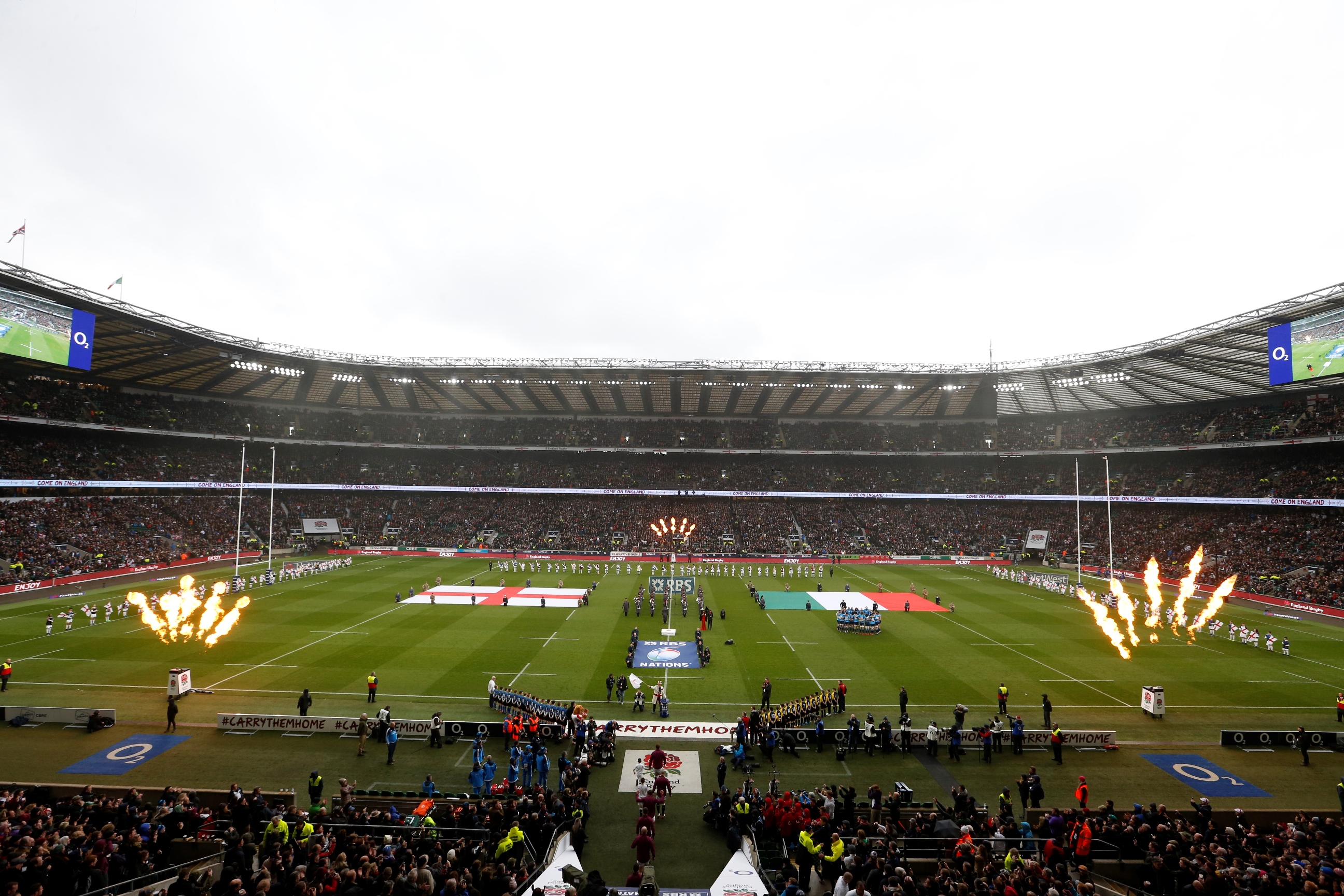
James Keen from Tripleplay reveals the challenges of working on stadium projects including the importance of meeting strict deadlines and being aware of how solutions work with other manufacturers’ technologies.
What are the main challenges of working on stadium projects?
Timescales are always a challenge in stadium environments. Regardless of who the client is, regardless of where the client is, there is always a very strict timescale and always a very narrow window to implement technology. Take a Premier League football team for example, they finish their season in May, with pre-season friendlies starting end of July, August. That gives the club staff an eight-week window maximum to deliver whatever infrastructure changes they need, whatever technology projects they have and often you find screens are still being ‘hanged and banged’ right up to the 11th hour.
Aside from that, it’s understanding that budgets aren’t always high for sports arena. Not everybody has the money of a Chelsea or Manchester City, so pitching solutions at the right level and for the right price is vital. Also, if a tier 2 club thinks it will cost them £200,000-300,000 to implement some technology then they are likely going to decide that that money is better spent on wages or a new signing; at the end of the day, sport is about winning, everything else comes second to that.
What are the products that you find are most important to know about in depth in the stadium market?
We’ve found that key technology uptake in sport at present is in digital signage, IPTV, electronic point of sales software, revenue management software, fan engagement apps, jumbo screens and digital advertising boards.
One of the key elements to working in this environment though is knowing how to integrate with other parts of stadium technology. If you look at Twickenham Stadium (pictured), they have a series of technology partners who they work with, together to ensure the solutions talk to one another and deliver an improved performance and result for the stadium. Tripleplay, for instance, delivers digital signage and IPTV at Twickenham, but integrated with the Triple Jump (not related) revenue management software we can auto-trigger special offers and promotions around the venue to increase sales of under-selling items or to promote quieter bars. We can also deliver content to the Daktronics screens, taking data from the Daktronics scoreboard software and delivering it as a part of our digital signage screen content; ensuring Twickenham only needs to operate one interface for all of its digital media.
Understanding how your product works with other technologies is vital.
How are stadiums using AV technology to improve fan engagement?
A lot of the use of tech comes from an increase in the amount of content available to sports venues and arena. They are all producing masses of it for their social media channels, but for many traditional sports fans social media is still a bit high tech. Being able to deliver content within the stadium via TVs is still a great medium for them. We’re also seeing social media integration come into things with clubs allowing fans to control what’s on screen and controlling their experience. On top of this you add in the fan engagement apps they are all deploying, some with high quality, exclusive content or streams. Sports teams and arena are investing in the fan experience to help fans understand they are not being forgotten about.
Do you find new-build stadiums easier or harder to work on than older/refurbished venues?
With new build stadia you tend to find there are few barriers to adoption, technology is just a given, they are spending hundreds of millions, what’s an extra £750,000? In traditional arena and stadia, often solid concrete and steel constructs, there tends not be a cat5 network, no comms room, no set up to deliver IP and AV communications systems; so, before they can invest in TVs, digital signage, projectors, any AV system, they have a big job to fix their network, install a new one, which tends to be quite costly and time consuming. That said, a forward thinking commercial manager will understand the benefits of a modern technology solution and so will press ahead with a one off capital expenditure in the knowledge that long term it will deliver a return on investment.
